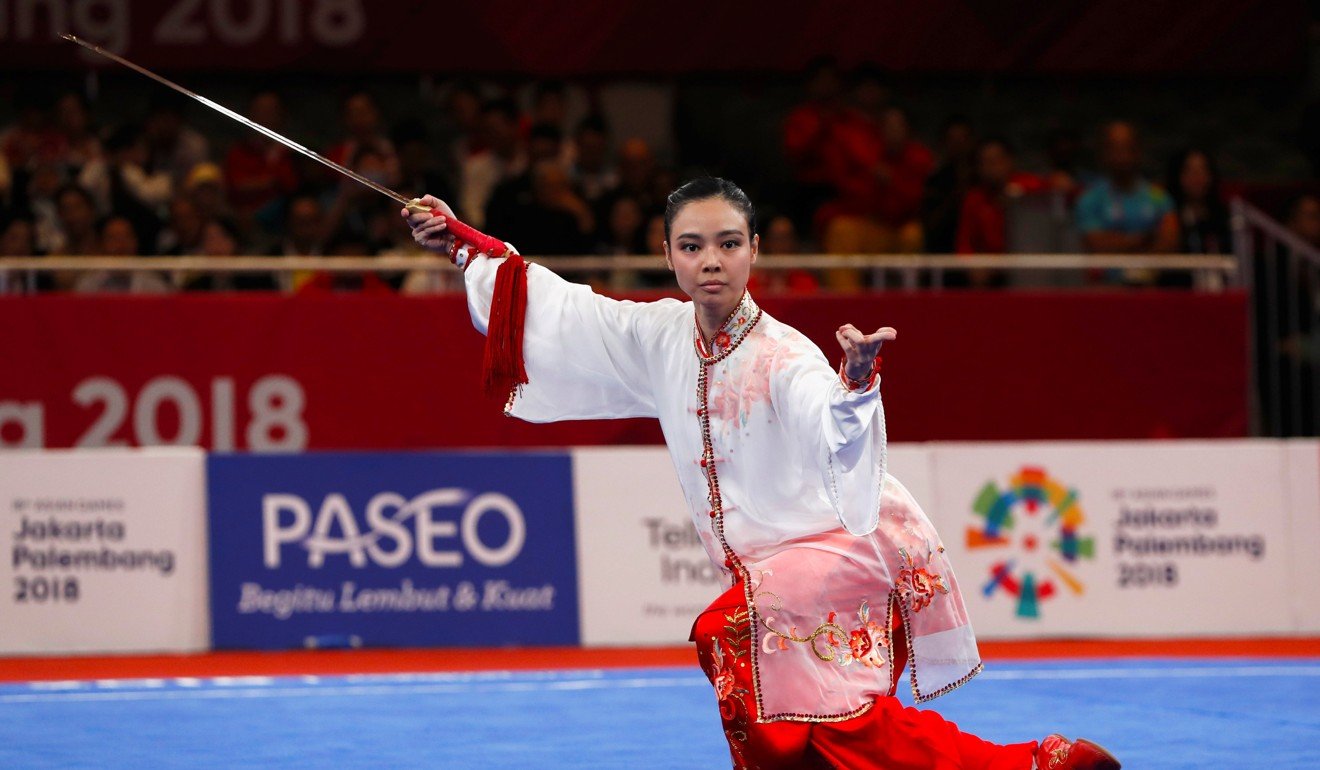
Asian Games: Indonesia’s ‘people power’ Asian Games legacy can boost its 2032 Olympic hopes
Jakarta and Palembang are still buzzing after the two-week sporting festival but Olympic dreams will hinge on Indonesia’s standing five years from now

The feel-good factor over Indonesia’s successful hosting of the Asian Games still flows through the hearts of its citizens and those who attended the festival in Jakarta and Palembang.
The 31 gold medals won by Indonesian athletes, praise for its largely efficient handling of 11,000 athletes and thousands of media and the prospect of an Olympic bid for the 2032 Games is helping to sustain a buzz that has resonated ever since the awe-inspiring opening ceremony at the Gelora Bung Karno Stadium on August 18.
The refrain that echoed across venues and streets on September 2 as visitors said their goodbyes was “See you at the Olympics!”
Indeed, Jakarta showed it was more than capable of managing, facilitating, accrediting and transporting tens of thousands of people as it would need to do to stage an Olympic Games.

The Rio de Janeiro-type set-up in which venues were located in three main clusters around Jakarta is a winning formula, made even better by residents who thronged the thoroughfare leading to the main stadium – which enjoyed a party atmosphere thanks to the shops, food stalls and entertainment offerings lining the road.
While there were complaints that the stadium was mostly empty for the athletics events, thousands milled around outside, many claiming ground-space to have family picnics.
Transporting fans between cluster venues was smooth given the short distances – one could even walk – and the volunteers with their distinctive red tops were there to guide you from the moment you arrived atSoekarno-Hatta International Airport to the time you left.
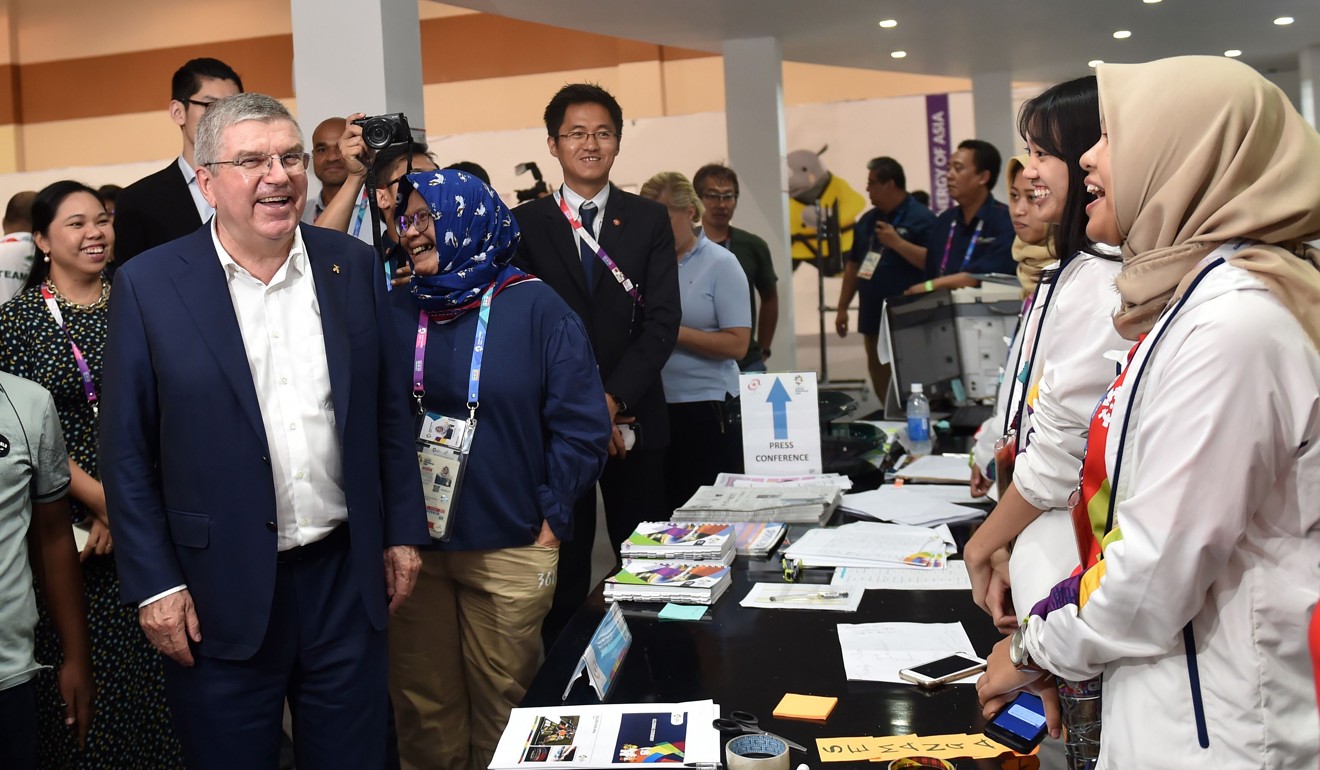
Even International Olympic Committee president Thomas Bach praised Indonesia, saying: “The IOC really appreciates Indonesia’s candidature for 2032. With the great success of these Asian Games, Indonesia has showed it has all the ingredients to organise Olympic Games in a very successful way.”
However, in a few days, weeks or even months, the excitement will recede, Bach’s elation will be diluted and Jakarta and Palembang will return to normal. Asian Games hoardings will be taken down, the painted facades of inner-city housing will begin to fade and the realities of life will return to the 30,000 volunteers and helpers who will be wondering “what next?”.
The destination of the 2032 Olympics will not be decided in the next few months. The IOC’s usual practice is to vote for a host city seven years in advance. Therefore, Indonesia’s ability to host the biggest sporting event in the world will not depend on the adrenaline-filled confidence of now but on where the country stands in 2025.
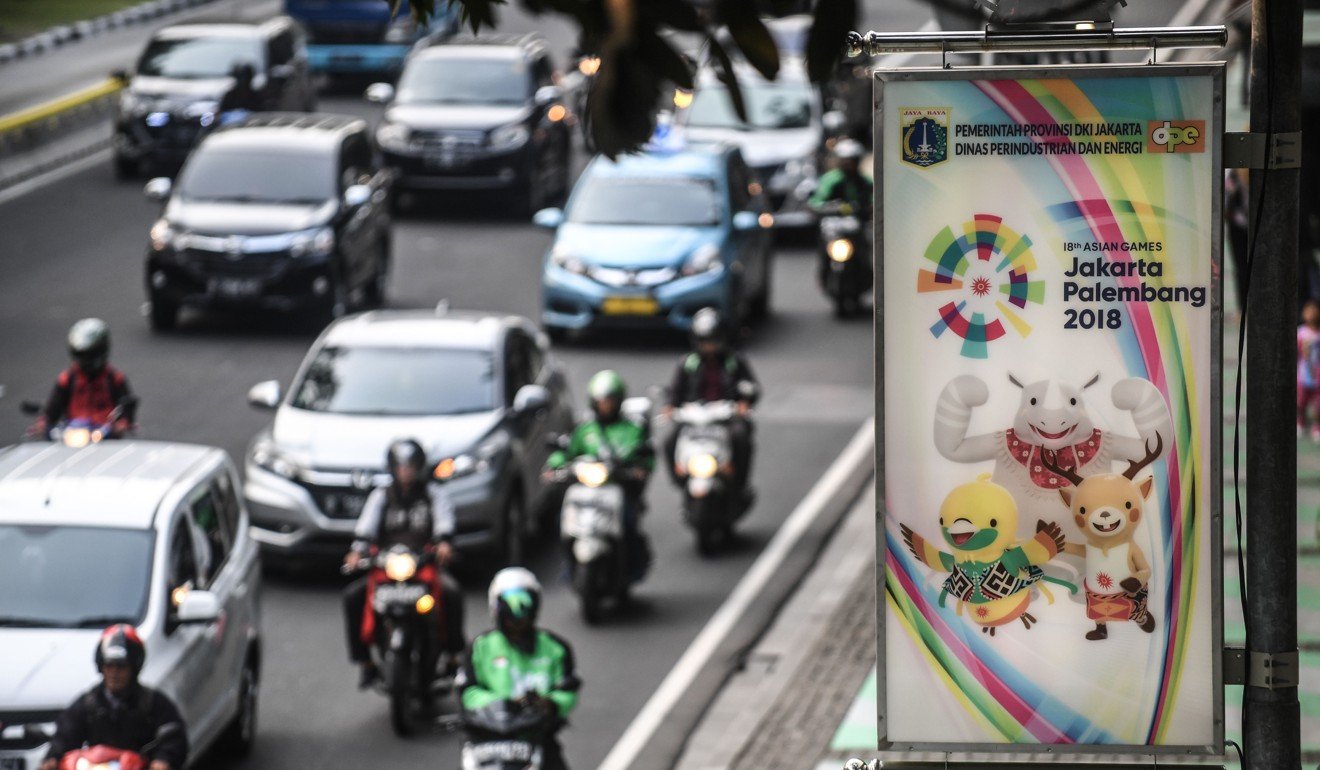
Yes, the Asian Games 2018 will be a shining star on its resume but much can happen in the next seven years. By 2025, there would have been two more Olympics Games – Tokyo and Paris – and one Asian Games, in Hangzhou, China. All will be trying to outdo Jakarta.
A strong list of potential rival candidates will also emerge. There is already interest from Germany, Shanghai, Brisbane and even loose talk about a joint bid by Singapore and Malaysia. The Netherlands and Russia have also expressed interest.
Germany’s potential is something never before attempted with the North Rhine-Westphalia state providing 13 host cities, including Düsseldorf, Dortmund, Cologne and Bonn.
For Indonesia to be relevant, it must prove its promised Asian Games legacy – that of people via the development of human capital rather than facilities – is manifest for the world to see when IOC members vote in 2025.
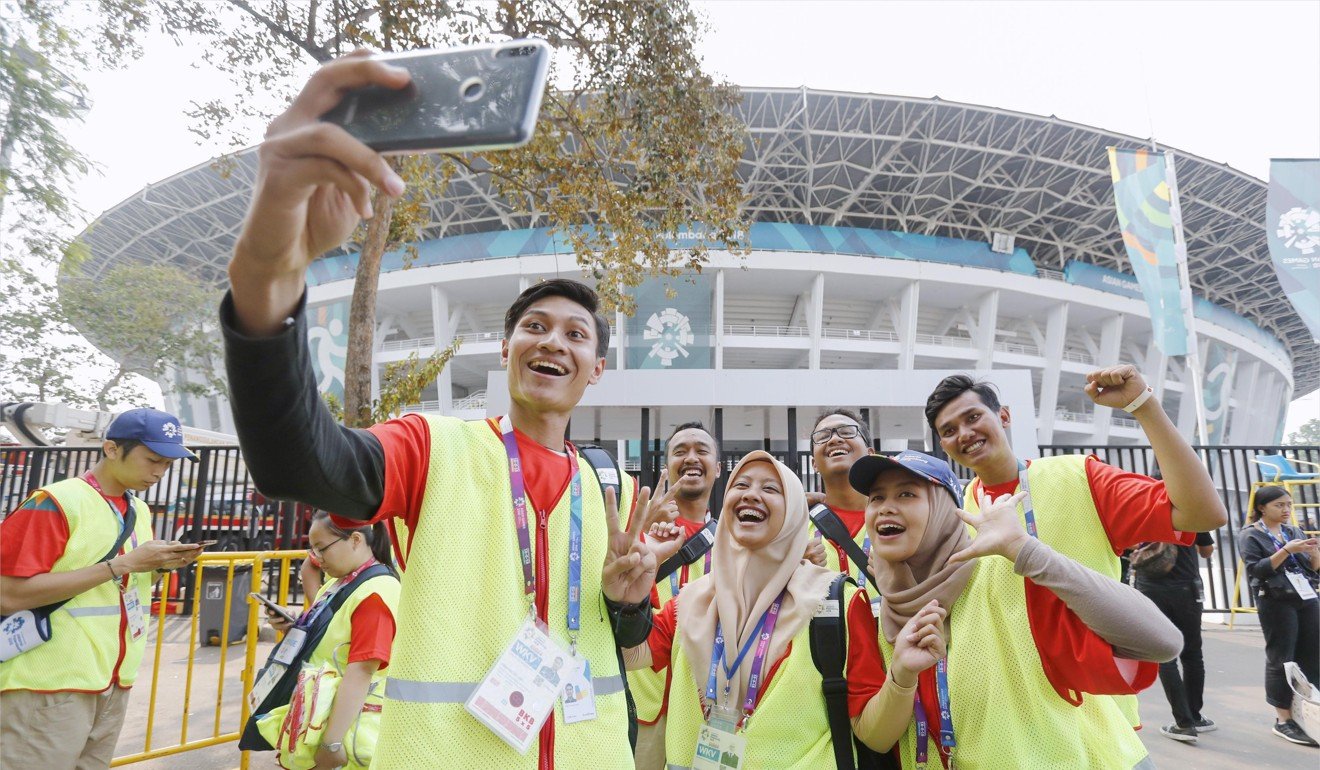
At past Games, cities have been tiresome in their vows to ensure major stadiums and arenas do not become white elephants – most of them failing. Indonesia’s promise is different. They want to invest in human capital and ensure its young, like the enthusiastic volunteers, are tangibly affected by Asian Games.
They need to become leaders of the future Indonesia, in entrepreneurship, education, innovation, politics, sports, faith and other walks of life. Equally important, Indonesia must groom the next generation of volunteers and leaders, which means a faster pace of education reform.
The Indonesian economy is growing, with GDP projected at 5.8 per cent in 2018 compared to 5.1 per cent last year. The government is expected to spend up to US$138 billion in infrastructure by 2025. However, for the country to truly grow, it needs to ensure all its citizens have access to quality education.
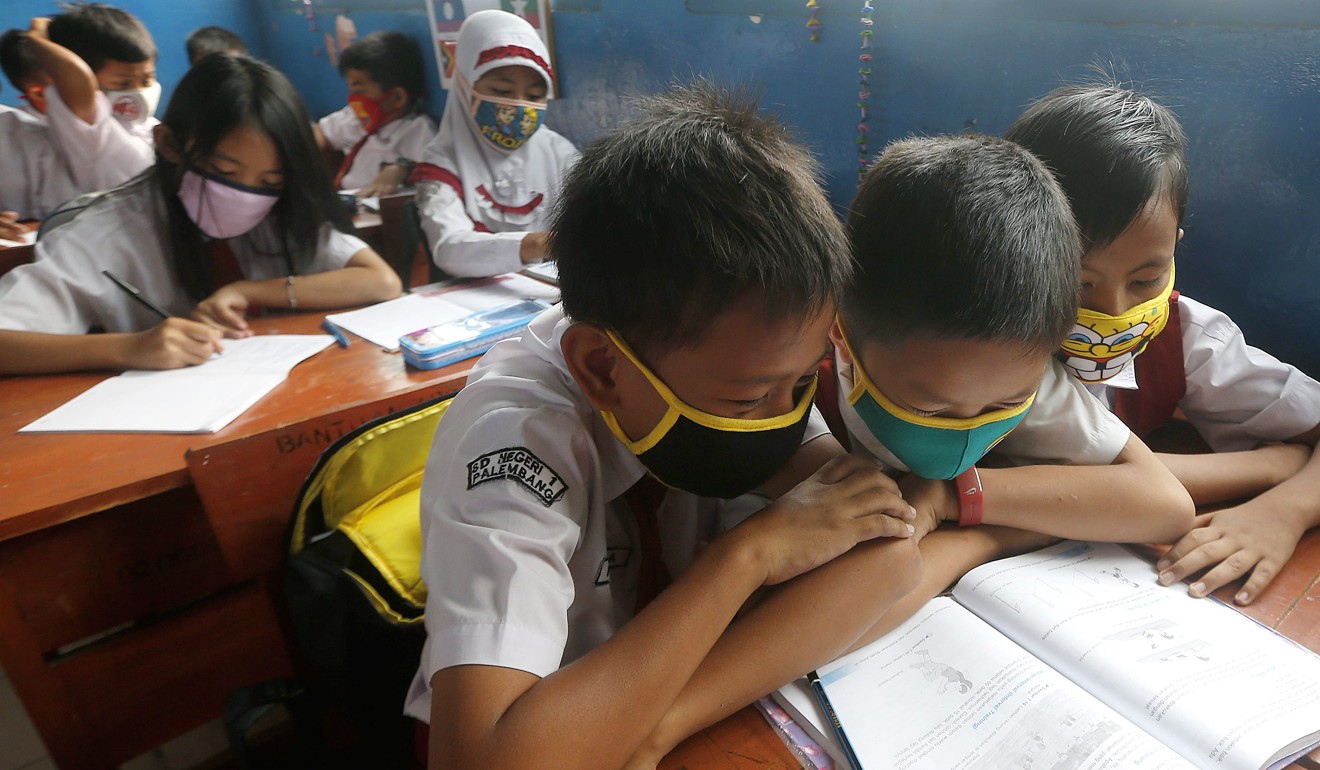
In 2002, the government enacted education policy reforms, which the World Bank says is significant in measuring the success of human capital development.
The bank says in a June report that enrolment has grown significantly but student learning remains below that of other Southeast Asian countries. It says 55 per cent of 15-year-olds are functionally illiterate compared to 10 per cent in Vietnam.
While the policies were fundamentally sound, its implementation is less efficient, despite around 20 per cent of the Indonesian government’s budget going to education – among the highest in world.
The government must now make greater efforts to ensure its policies are enforced, such as improving the quality of teachers, more parity between poor and non-poor schools in terms of facilities, teachers and accessibility, and raising awareness about the importance of education.
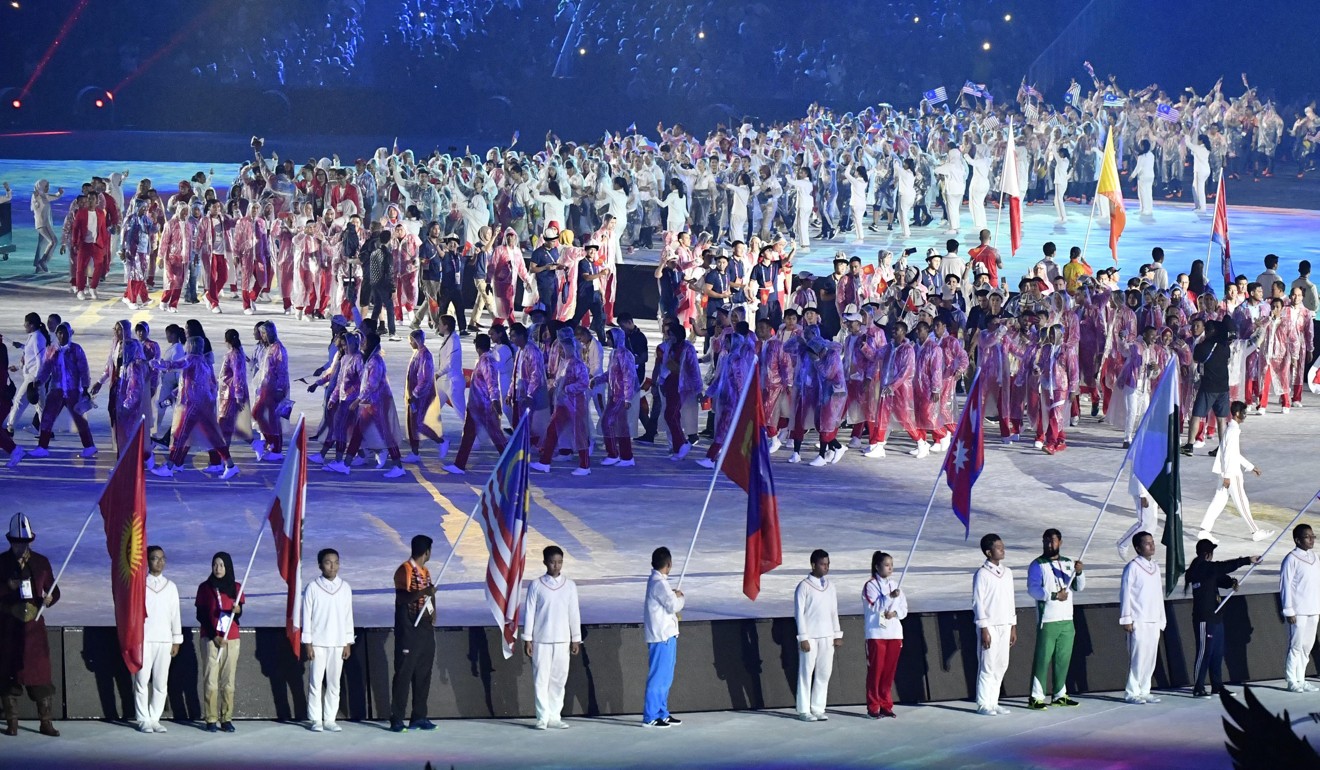
As the World Bank points out, access to schooling is a crucial cog in building human capital. In 1950, an average Indonesian 25 years or older would have had less than two years of schooling. This increased to four years by 1990 and to eight years by 2015. However, this is still lower than that of Vietnam, Singapore and Thailand.
The 2018 Asian Games in Jakarta and Palembang was the best. However, the Games has to be more than a memory. For the volunteers, thousands of professional staff and the millions of Indonesians whose hearts were filled with pride at the closing ceremony, the Games must offer palpable benefits.
The Indonesian government must accelerate its education reforms, not merely for the Olympics, but for the betterment of its society and its standing in the world order. People power never fails. If you build human capital, the Olympics will come.